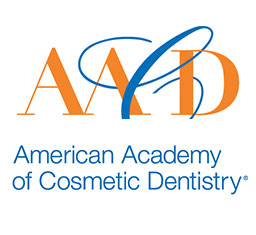
Orthodontics is a branch of dentistry that covers the growth and development of orofacial structures. In other words, orthodontics is all about making sure your teeth are straight.
Orthodontists are dentists who have taken on additional training to learn more about orthodontics. Orthodontists usually train for another two to three years after dental school.
Unfortunately, they do not. In fact, most cases show that they can get worse over time if left untreated. When the permanent molars fully grow in, they leave less room for the front teeth to grow in straight, which means they can overlap further.
The first orthodontic screening should happen at age seven. At this point, the molars and a few permanent teeth should have grown in, which allows the orthodontist to accurately evaluate the future development of a child’s teeth.
If your orthodontist 89117 finds anything wrong with your teeth, you can expect to learn:
You can also ask the orthodontist additional questions at any time. It’s important for your treatment plan to be clear before treatment can begin.
Today, orthodontic treatments have advanced beyond traditional braces. The average time it takes for traditional braces is almost two years. However, Invisalign, which is a relatively new orthodontic system, boasts an average treatment time of one year. Orthodontic treatments such as braces and Invisalign may still require patients to wear retainers once their primary treatment period has ended to ensure the teeth do not revert to their original positions.
Those who are being treated with dental braces will need their braces tightened every so often to keep up the gentle pressure moving teeth in the correct position. This requires dental appointments every four to eight weeks. Invisalign treatments require occasional visits for checkups and new aligners. Since aligners are to be switched out approximately every two weeks, your orthodontist may provide you with a few aligners at a time so you will only need to come in every month or two.
Braces and Invisalign don’t hurt most people. Some patients report discomfort when braces are tightened or new aligners are worn. This should subside over time. If you find the discomfort to be too much, over-the-counter pain medications can be used to help.
Those being treated with braces have to be careful with what they eat. Ice, hard candies, raw vegetables, and sticky foods can damage braces and should be avoided. Invisalign aligners can and should be removed when eating, which means those being treated with Invisalign are free to eat whatever they would like. That doesn’t mean you shouldn’t avoid eating too much candy, however. Losing a tooth to cavities can interrupt or ruin an orthodontic treatment plan.
If your braces are damaged or broken or if your braces are suddenly causing a great deal of pain, call our office and make an emergency appointment. This is an example of a dental emergency, which is a dental issue that must be resolved in a timely manner. A dental emergency can be addressed and treated usually within a few hours by hour dentists and orthodontists.

